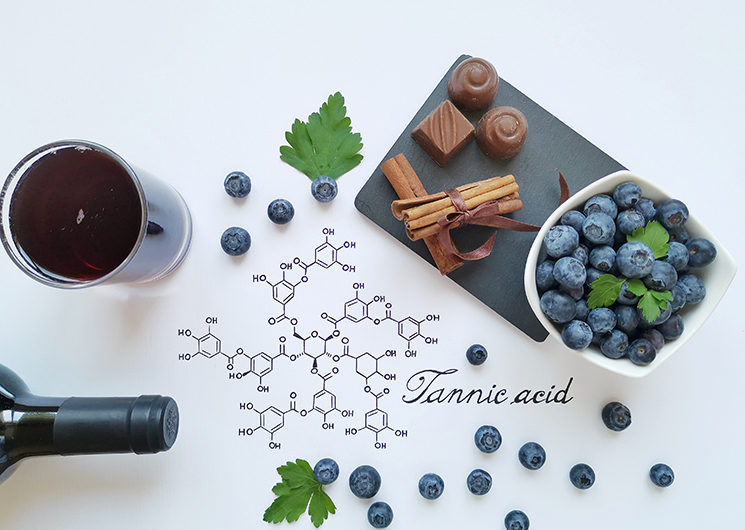More news
- A bio-based alternative to TiO2: Finnish startup company focuses on birch bark
- View from the UK: Essential Coatings
- Focus on smart coatings: Using bio-based tannic acid to achieve weathering and corrosion r...
- Focus on extenders & fillers: Bismuth – An environmentally friendly Critical Minera...
- Focus on smart coatings: LLM fuels AI innovations in the coatings industry

Sharon Feng has recently been appointed as a Vice President at global consulting firm ChemQuest, having worked for companies such as Bayer MaterialScience, Lanxess and PPG. The numerous leadership roles she has undertaken span a diverse range of areas, such as emerging coating technologies, EHS, supply chain, innovation, R&D, and most recently Feng served as Technical Director for Corporate R&D at PPG Industries. PPCJ spoke to her about her extensive career in the coatings industry and her plans for her new role with ChemQuest
Q. How did you come to be at ChemQuest and what attracted you to the company?
A. I have known ChemQuest throughout my career either as a client of their extensive market studies or from colleagues who worked with and for ChemQuest. I have always been impressed with the calibre of the experts they have on staff and by the in-depth insights they provided on market dynamics and megatrends in those markets.
Q. How will your extensive expertise translate into your role at ChemQuest?
A. I would like to have opportunities to use my expertise/experiences across value chains in various end-user markets to help our clients develop growth strategies informed by megatrends, unmet market needs, and disruptive technologies. I will also help our M&A clients by providing insights on the technological valuation, IP assets assessment and growth potential to aid their due diligence process. In addition, helping our clients develop roadmaps to take a new technology/product to market success will also be very satisfying to me.
Q. What will be the first thing/s you focus on in your new role?
A. Similar to any new role I’ve taken in the past, I am looking forward to first learning about the teams I will be working with, the company culture and the best practices that will enable me to quickly become an effective contributor. Learning has always been my passion, and I am glad that this new role provides plenty of opportunities to expand my knowledge and experience.
READ MORE:
View from the U.S.: Anticipating an M&A rebound
Q. What do you think are the main challenges and opportunities in the coatings industry at the moment?
A. I firmly believe that the coatings industry is facing many challenges, some of which can very well become opportunities. I think that one of the biggest challenges that coatings R&D is facing is the demand for accelerated innovation. Developing a new material and/or a new product in the coatings industry traditionally requires very long cycle times, partially due to the extensive testing protocols required by some end users. Those who can figure out how to increase the speed to market will enjoy significant competitive advantage.
The second major challenge is how to attract and retain talent. After the pandemic, the ability to offer remote or even just hybrid working arrangements became a major benefit. Due to the nature of the work, chemical R&D mostly still requires working on site.
Q. What do you think are the biggest trends in the coatings industry at the moment, in terms of what companies want to develop and what they want to achieve?
A. Several megatrends, such as climate change, sustainable growth and emerging AI applications, demand new approaches, new materials and new solutions from the coatings industry. Each company, in alignment with its own business growth strategy, will have different answers to this question.
In general, everyone would like to offer innovative solutions to unmet market needs due to the disruption from these megatrends. Some examples include the reduction of energy intensity/carbon footprint of coating applications/processes and coating solutions that can support sustainability goals, such as the increased use of renewable raw materials and improved recyclability.
Q. Looking ahead, what do you think the big trends in R&D will be in the next decade or so?
A. The biggest question mark should undoubtedly go to the impact from AI. How can such a tool/approach be used to enable better and faster innovation, as well as improved efficiency? What are the impacts of these AI-assisted innovations on our current organisational structure, workflows, people, and culture? What can our current workforce do to upskill and stay abreast of this rapidly evolving technology? Discovering the best path forward will be challenging.
More information can be found at https://chemquest.com/







